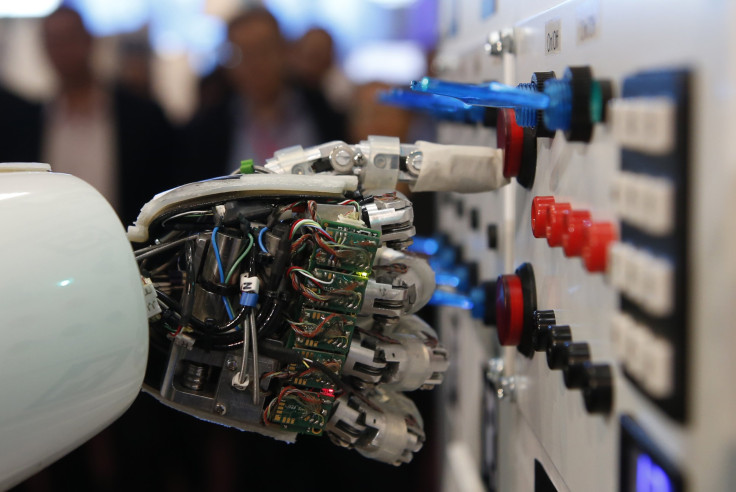Avoid concerts? Forfeit The Big Game? No Need, Thanks To AI

Before COVID-19, filling a sports stadium for a big game or selling out a concert hall for a popular band was easy. But as Covid moves from "pandemic" to "endemic," even many who have returned to their offices and sent their kids back to school continue to worry about joining thousands of strangers in a packed venue.
When the Omicron variant hit, many event organizers were forced to cancel or postpone events. "Even with the people who are vaccinated, COVID has induced a fear of large gatherings," said Harry Jenkins, co-founder of music label Afterlife Entertainment. Lingering doubts are still keeping many people home.
And not just because they fear a new strain of the coronavirus. They see tragedies like last November's Astroworld Festival, where dangerously overcrowded conditions led to 10 concertgoers suffocating or being trampled to death and more than 300 injured. Many wonder: Is it even possible to attend large events safely anymore?
It is. In fact, thanks to today's technology, it can be safer than ever before.
Video cameras and security guards will always play an important role at games, concerts, and other large events. But they're not enough. In a post-pandemic, post-Astroworld era, something more cutting-edge is necessary.
Artificial Intelligence holds the answer. AI has been around in some form for decades, and yet some people still think of it as science fiction. But it's very real. And as companies like Remark Holdings are now demonstrating, AI can power and support security systems in large and complex venues like concerts and sports arenas.
Through the use of cameras, motion sensors, and computers, AI can constantly measure conditions on the ground, enabling event officials to react quickly and efficiently to any changes that could spell trouble. AI systems are continuously monitoring, for example, how many people are moving through certain areas. If too many congregate in any one area, AI can warn officials immediately, allowing them to intervene before trouble occurs, like in Astroworld. It can even use thermal imaging to measure people's temperatures to quickly identify those who may actually be ill.
An AI security system can do even more, though. It can be programmed to recognize the difference between personnel who are permitted in certain backstage areas, and unauthorized individuals who may be lost -- or up to no good.
Aleksandrs Snevels, technology director at the Concert Hall Latvia, relies on AI to help protect the thousands who come there every month to attend music festivals and other cultural events. AI works seamlessly to provide round-the-clock security, enabling Snevels to send foot patrols to handle potential threats at a moment's notice.
It can also help with detecting a threat that long predates COVID-19 -- the problem of the "unattended bag." Think of the Atlanta Olympic Games in 1996, where a bomb tragically killed one and injured more than 100. "If you see something, say something," we're told. Good advice, but it relies on some alert person spotting a potential threat and then telling someone. An AI surveillance system eliminates the element of chance. It will detect unattended bags every time, and it will instantly inform the right people.
None of these abilities should surprise us, though. We are already surrounded by AI. If you've ever asked Alexa to set a timer while you cook, you've used AI. If you've asked Siri to look up someone's phone number or provide directions to their location, you've used AI. And your online personal shopper? Yep, that's AI.
Despite our already-frequent use of this technology, some are reluctant to accept AI due to privacy or ethical concerns. These worries are understandable, but it's important to keep in mind that there is always some degree of risk with any new technology -- and industry leaders are aware of these concerns and voluntarily working together to build fairness, accountability, and trust into AI systems.
Put simply, whether we realize it or not, we already employ AI to make our lives more convenient. And so, especially in a COVID-endemic world, when it comes to getting back to normal -- like attending concerts and sporting events with friends -- why not make our lives safer too?
Walter Myers III is a Board Member of Discovery Institute and regular contributor to Discovery Institute’s Evolution News and American Center for Transforming Education websites. Myers, who works as an engineer in the data storage field, is a member of the Advisory Board for the California Policy Center, an adjunct lecturer at Biola University, and the former Program Chair for the Lincoln Club of Orange County, a pro-business PAC.





















